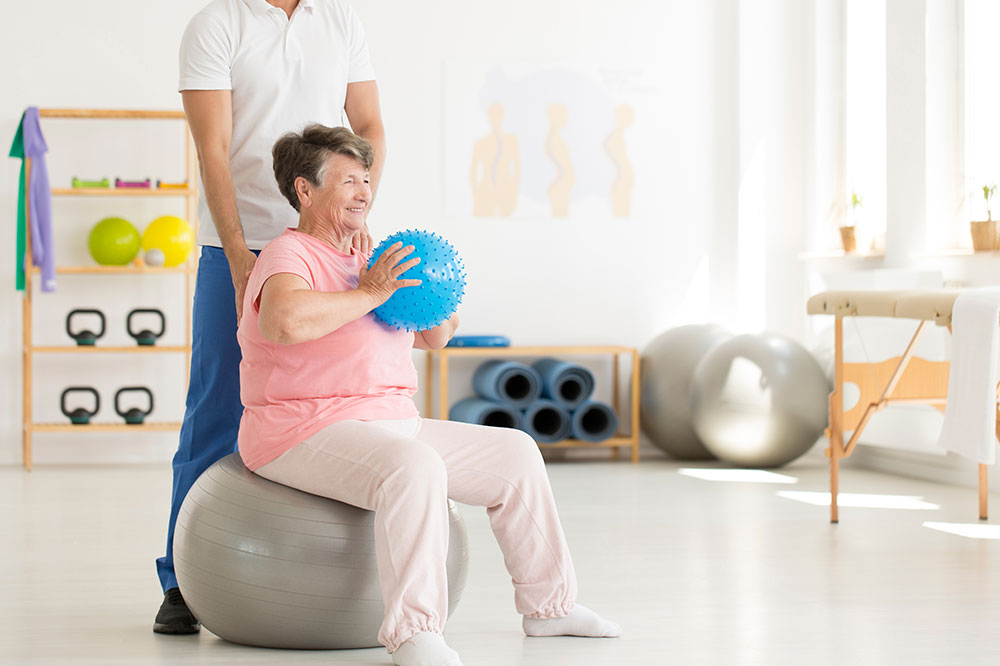3 effective ways to manage Parkinson’s disease
About one million people in our country are affected by Parkinson’s disease (PD), with approximately 60,000 new cases each year. Parkinson’s causes progressive deterioration of the nervous system, leading to symptoms like tremors, stiff muscles, and difficulty balancing. Unfortunately, there is no cure for the disease, and it can only be managed. Read on to learn about the treatment options, foods to eat and avoid, and healthy lifestyle changes to cope with Parkinson’s disease:
Treatments for Parkinson’s disease
Parkinson’s is usually managed with treatments that have a combination of levodopa and carbidopa, such as ONGENTYS®, RYTARY®, and opicapone. ONGENTYS® is for people with PD who have “OFF” episodes.

Foods to eat and avoid
Certain foods help manage Parkinson’s disease symptoms. For instance, walnuts, blackberries, cranberries, tomatoes, and peppers are rich in antioxidants that help reduce oxidative stress, which can make Parkinson’s worse. In addition, foods with omega-3 fatty acids like soybeans, flax seeds, kidney beans, and oysters can improve cognitive function.
Some foods may also worsen the condition. Foods that are processed or fried, such as French fries, sausages, and other canned meats, are rich in salt and nitrites.
Lifestyle changes
Besides treatment and nutrition, health experts recommend lifestyle changes to cope with Parkinson’s disease. Patients must stay hydrated by drinking about six to eight glasses of water every day. Absorbing sufficient vitamin D through fresh air and sunlight is also necessary. In addition, physical therapy, such as Pilates, yoga, exercise, and other simple physical activities, help strengthen muscles, improve flexibility, and manage stiffness and slowed movements. However, patients must get sufficient rest. Sleeping for eight hours every day can help the body recover from Parkinson’s and other health conditions.

